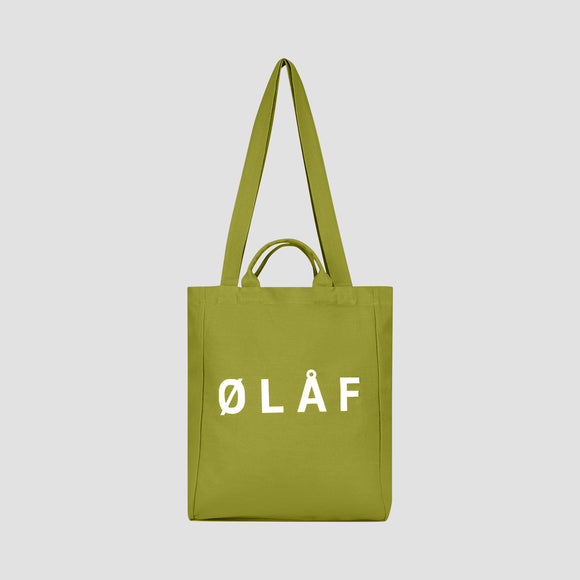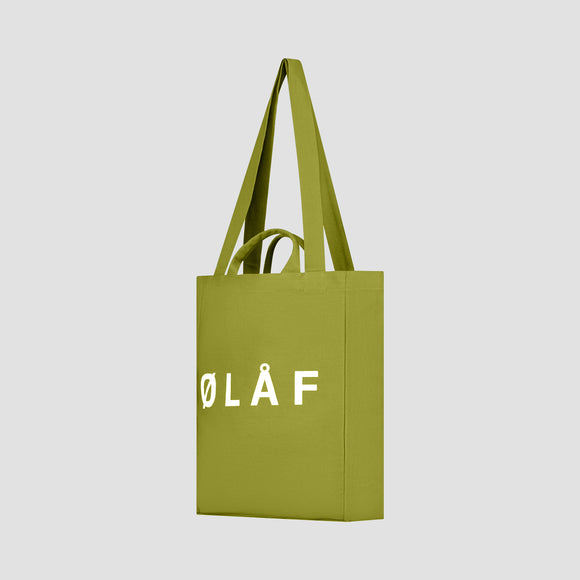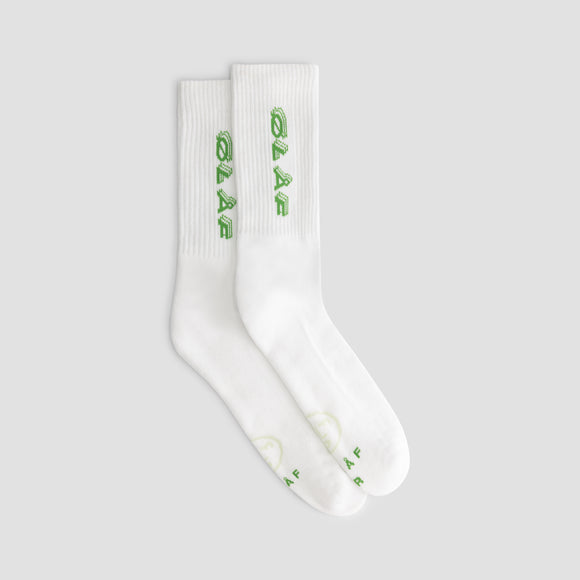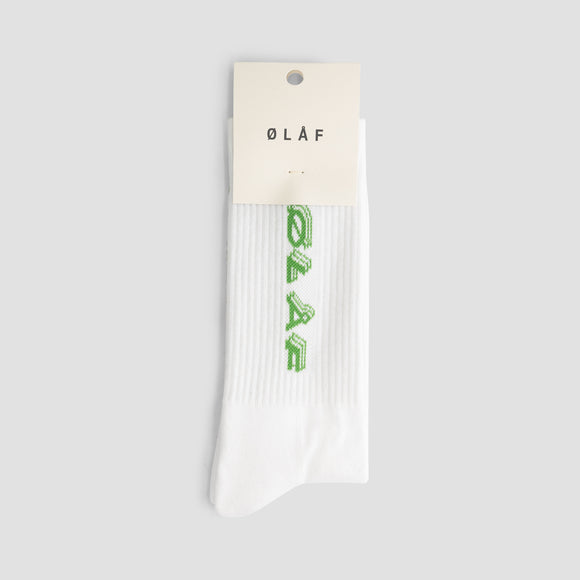Hi Myles, where are you today? Can you set the scene of your creative space for our readers?
I’m in our studio in Amsterdam. It’s quite minimal, not too much colour. My team always teases me about that! Lots of steel, grey, black and concrete. Quite industrial design studio vibes. And it’s split over 2 floors. The downstairs area is a bit more relaxed and a bit cleaner. People work from here sometimes and friends come to hang out and have lunch.
Then upstairs is the design space where all the samples and reference pieces are. It’s a bit messier - you’ve got the wall with all the work that’s going on so that’s really our creative space. We’re south facing and are blessed that it’s got a floor-to-ceiling glass front with so much natural light coming in. It’s really a beautiful place to be.
You started Areté after working at Nike as a way to build your own happiness. What does happiness look like to you?
That’s a big one isn’t it! There are so many different ways you could answer that question. Within your career, I think happiness is really driven by how far you’re into your passion. Finding something that you’re excited about getting up for every morning gives you real purpose and fulfilment. That obviously makes you happy. Then getting better in that passion and seeing yourself develop and improve really adds to it.
In your personal life, I think stability and being surrounded by loved ones obviously really makes you happy. I think if you have really good friends and really good family, you can get through any challenge in life.
















